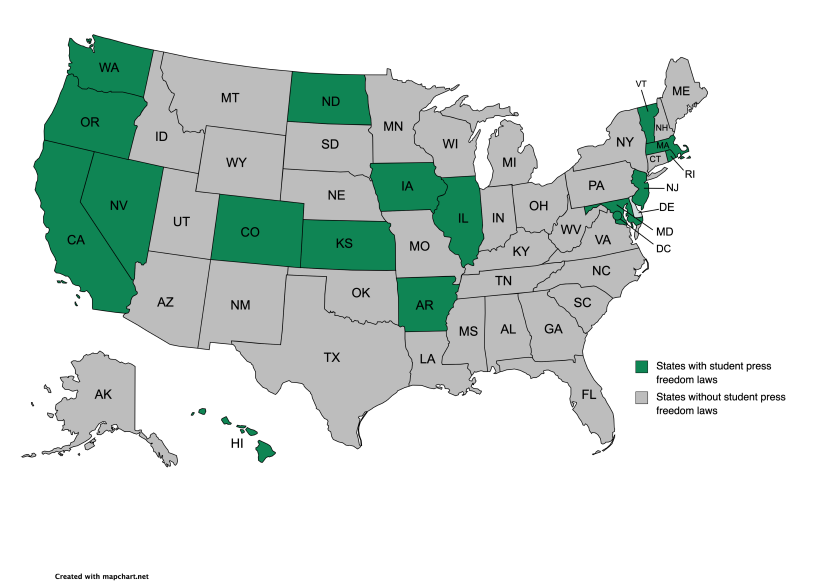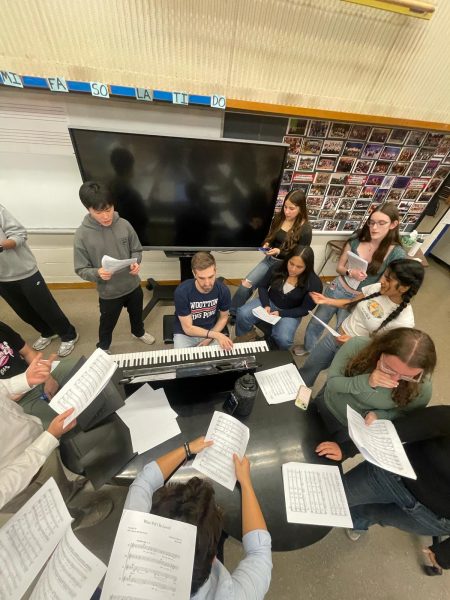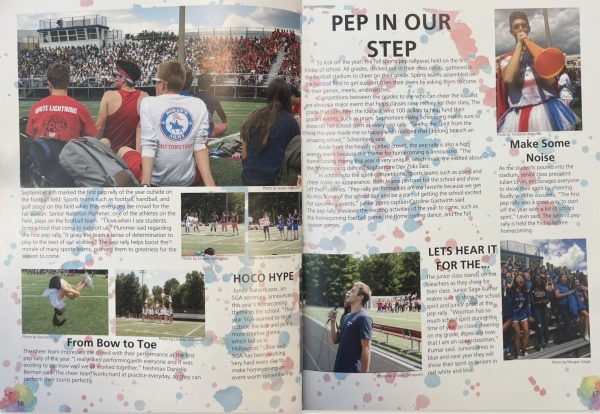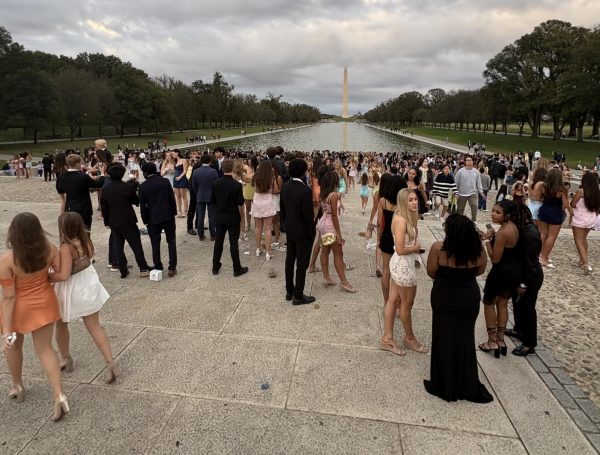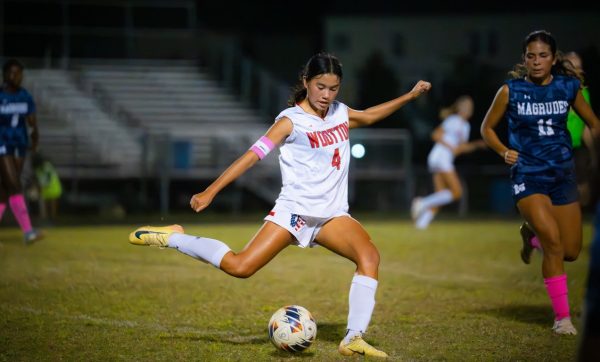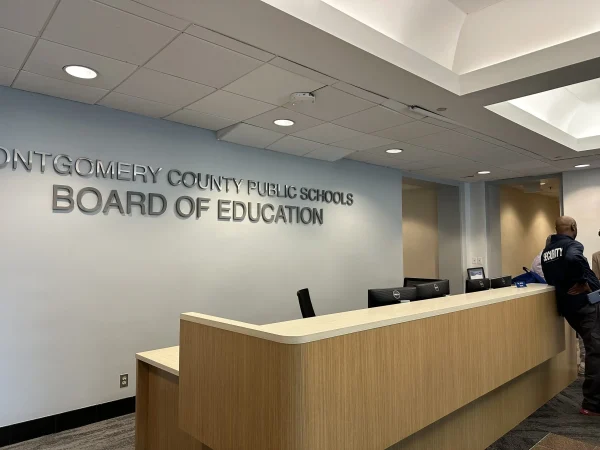Students deserve to have protected 1st Amendment rights
Image courtesy Student Press Law Center
This map indicates in green the states that have enacted legislation protecting student press freedoms. States in gray do not provide full First Amendment rights to students.
It was freshman year. Everything felt overwhelming and the lines outside the counselor offices extended down the hall. We were all in the same boat, trying to figure out our class schedules. As I waited, I reviewed my elective options and a course in writing for the school newspaper, Common Sense, caught my eye. Little did I know my impulsive choice would lead to a four-year commitment holding highly regarded editorial positions and culminating as the Common Sense Editor-in-Chief my senior year.
Although these achievements were rewarding after years of hard work, my experience as a researcher and writer has had an even bigger impact on me, the way I view myself, and how I identify myself within society. As I began my editorial roles at Common Sense, I quickly developed a passion for writing and an appreciation for the power of the written word soon followed. Through my articles, I discovered that my voice mattered and was equal to anyone else’s voice regardless of age or education level. Finding my voice was empowering and I began to understand the influence my writing had on educating others. In the research I conducted for my newspaper articles I became more and more politically conscious. I found myself debating political issues often amongst my teachers and peers. Looking back now, I realize my experience working for Common Sense over the years has been influential in shaping my political views.
In 2022 polarization and the political divide between Republicans and Democrats is the biggest issue facing Americans. Americans are at a place where we cannot talk about our disagreements. Instead, Americans try to force their views on others and often disregard what the other person says. It’s occurring in our homes when we disagree with our families. It’s happening in our neighborhoods when we can’t agree on street parking. It’s happening in our local governments when they can’t decide whether or not public transportation should be free for students. It’s happening in local halls of Congress when they can’t decide on abortion laws. Ultimately, It’s happening destructively in the eco chambers of our media outlets. Congress is unable to pass legislation quickly and efficiently due to their inability of lawmakers on both sides to compromise. This creates a standstill and gridlock because elected officials choose not to listen.
Every American has their way of solving this issue but I think we have to look to our next generation, our children. In our schools children are taught to listen and express their opinions, yet, only 15 states have ensured freedom of speech and press for public secondary students. In the remaining 35 states, schools have the right to control students’ speech. Since the majority of the states restrict students’ speech, they are afraid to speak up or write about an issue. For example, in Nebraska, a high school newspaper was recently shut down because the administration didn’t like articles on LGBTQ+ topics. What does this action say to an entire school community that now doesn’t have a voice? This is telling and teaching students that if we disagree about something, you put a stop to it rather than hearing the other side. It tells students to not engage or ask questions or try to understand other people’s perspectives. And then we wonder why our Congress is in gridlock. It starts with the education program not having protected freedom of speech and press. We need to start young and teach children how to disagree with respect.
If we want our social media to be places of civility, if we want our Congress to agree, if we want communities to be able to discuss local issues like funding of roads, and if we want our families to be places of peace where we disagree and still love each other, then we have to start with our children. As I learned myself, it is important to ensure that students throughout America have their full First Amendment protections of speech and press. Congress will need to enact legislation guaranteeing those rights and voiding the 1988 Supreme Court decision in the Hazelwood case. Individual states would no longer need to guarantee those rights and children would have the opportunity to practice civil discussion without fear. It will take a generation but the patience required will be rewarded with respectful debate and effective solutions, from our homes, to our schools, and to our Congress.
Your donation will support the student journalists of Thomas S. Wootton High School. Your contribution will allow us to purchase equipment and cover our annual website hosting costs.
Julia is a 2023 graduate.


